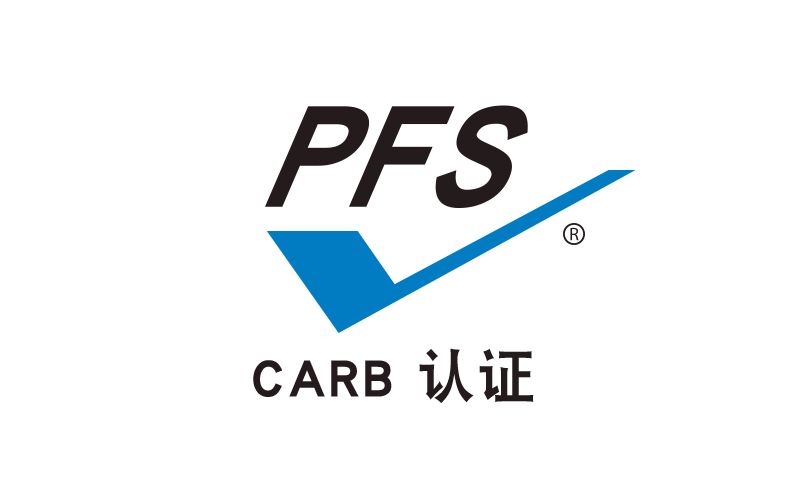

Certification Introduction
CARB is the abbreviation of "California Air Resources Board". On April 27, 2007, CARB held a public hearing based on the investigation and approved the "Airborne Toxic Control Measure (hereinafter referred to as ATCM)”to reduce formaldehyde emissions from wood products.
The California Air Resources Board (CARB) approved the formulation of "Airborne Toxic Control Measure" (ATCM) to strictly limit the amount of formaldehyde released from wood-based panels and their products, requiring ATCM protects people's health with the most favorable control technology or more effective control methods, and implements strict formaldehyde emission standards in the wood-based panel and its products industry. The standard came into effect on January 1, 2009.
product scope
Composite wood products sold, offered for sale, supplied, used and manufactured in California, and finished products containing composite wood products.
Air purifier with formaldehyde removal function.
service object
CARB certification services include the following:
Manufacturer: Anyone who manufactures or produces composite wood products. (Both: manufactures, sells, offers for sale, or supplies)
Importer: A person or entity that sells or resells composite wood products or their finished products produced outside the United States in California.
Processor: Refers to anyone who uses composite wood products to manufacture finished products; includes producers of laminated products.
Distributor: Any person to whom a composite wood product or finished product is sold or supplied for resale or commercial distribution, but manufacturers and retailers are not distributors.
Retailer: A person or entity that sells, offers for sale, or supplies composite wood products or finished products containing composite wood products directly to consumers.
EXEMPTIONS: (1) Composite wood products sold, offered for sale, supplied, used, and manufactured for sale outside California, and finished products containing composite wood products. (2) 0.2ppm and 0.3ppm for hardwood plywood (HWPW) and particleboard (PB) used in mobile homes in compliance with 24CFR 3280.308, respectively.
Certification process
Liaise with a third-party certification body (TPC);
assess factory quality control;
develop formaldehyde emission testing and assessment at the factory;
discuss with resin suppliers on how to meet CARB emission standards;
conduct factory audits by a CARB-accredited third-party certification body (TPC).
Testing requirements
CARB P1 stage formaldehyde emission requirements (2009 ~ 2010)
hard plywood ≤ 0.08ppm
particleboard ≤ 0.18ppm
medium density fiberboard ≤ 0.21ppm
CARB P2 stage formaldehyde emission requirements (implemented in 2011)
hard plywood ≤ 0.05ppm
particle board ≤ 0.09 ppm
MDF≤0.11ppm
Air Purifier CARB Certification
Amazon recently put forward CARB certification requirements for air purifier products. This certification is mainly for products sold to California, because purifiers usually have the function of killing formaldehyde. To enter the California market, indoor air purifiers must pass the CARB certification of the California Air Resources Board (ARB).
Air purifiers listed or sold in California must first be tested and certified under this regulation, including air purifiers sold over the Internet. Any person or business that manufactures, sells, supplies, offers for sale in California, or introduces into the California market any indoor air cleaning device for use or intended use in an occupied space must ensure that the device is approved by the California Air Resources Board (ARB) certified to produce no more than 0.050 parts per million (ppm) of ozone emissions. Air purifiers certified by CARB need to mark "Meets California ozone emissions limits. CARB certified." on the product label.